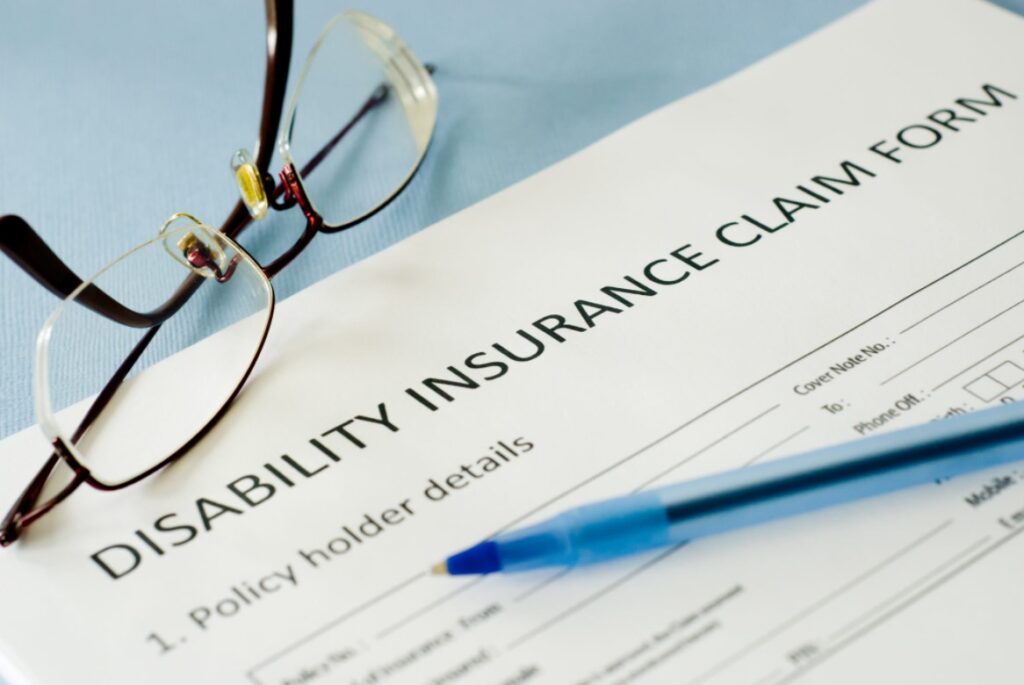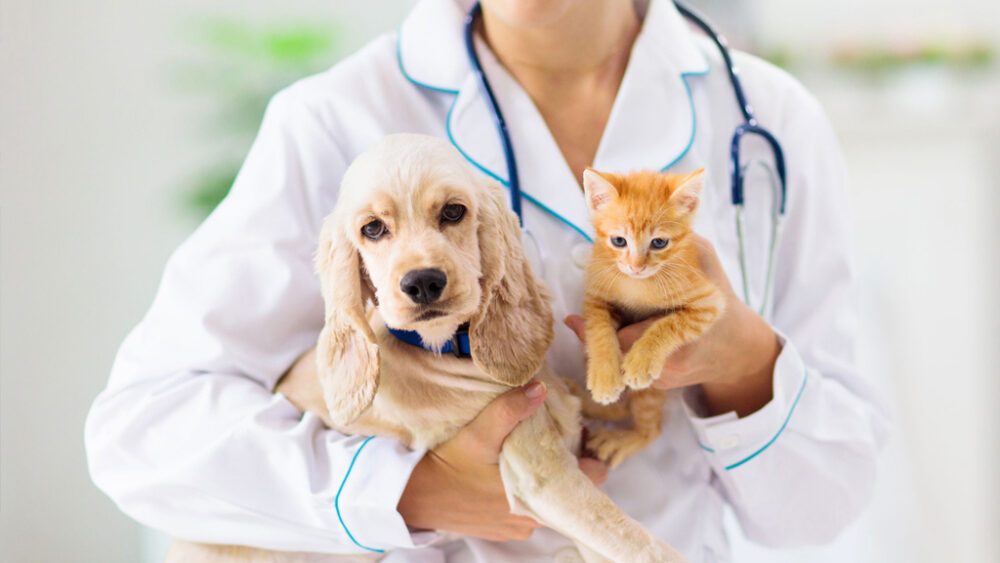Becoming a veterinarian takes several years of studies and a significant amount of money. But the rewards will outweigh the challenges once you get to practice your profession.
While rewarding, work can quickly become dangerous. Like trainers in a zoo, animal doctors are prone to be bitten, kicked at, getting infections, or catching the sickness. Protecting yourself and your profession is crucial, even if you’re still working on your license.
Getting disability insurance can protect soon-to-be and practicing veterinarians when the inevitable happens. Ahead, you’ll get to know more about disability insurance and why you need one.
What Is Disability Insurance?
Hence, disability insurance is vital when veterinarians can’t work because of injury or illness. As a form of financial protection and insurance, it aims to replace a portion of your regular income when you can’t work due to sickness or disability—whether temporary or permanent. The amount of income replacement will depend on your policy.
There are plenty of insurance companies out there offering different types of benefits. Depending on the levels of protection you need and the amount you can set aside for this purpose, you can choose. If you’re curious about insurance packages for both would-be and practicing veterinarians, click here for more details.
Essential Considerations When Choosing A Disability Insurance Policy

Source: bernieportal.com
It can be challenging for veterinary students to choose the best policy. But taking these points into account can help make the selection process easier.
1. Check how much premium or monthly payments you have to pay
It’s understandable for veterinary students to get the lowest-priced insurance policy if that’s what they can afford. You have the option to upgrade your coverage once you become a fully-licensed veterinarian.
2. Understand how the insurance provider defines disability and the coverage and repayment terms that apply to each category
There are three standard definitions: any, regular, or own occupation.
- Any occupation – refers to situations where you’re incapable of performing any work.
- Regular occupation – means you cannot perform significant veterinarian duties and aren’t working on any other type of work.
- Own occupation – defines a condition where you cannot perform veterinary duties but can work other jobs while receiving your disability insurance compensation.
As can be gleaned from the definitions, it’s in a veterinarian student’s best interest to get an ‘own occupation’ disability insurance policy. It can be helpful when you want to explore other professions if you become incapacitated. Take note, however, that products with this coverage are often costlier.
3. Find out how much the policy pays
Insurance pay anywhere from 60% to 80% of your income before the disability.
4. Check the length of coverage
An ideal policy should be able to cover you for a good number of years, if not for your whole working age. There are two types of insurance, short-term and long-term disability insurance. The former typically lasts for a few months, while the latter can last for several years or until the policyholder reaches 65 years.
These tips can help you identify the salient points to look into when choosing the ideal disability insurance policy. The next step is to understand the most common insurance terms.
Common Insurance Terms

Source: debofsky.com
When going through an insurance policy document, you may encounter insurance terms that could be hard to understand. We’ve curated a list of a few of these terms as below.
- Start date or waiting date: The number of days from the date of your disablement until you become qualified to receive benefits. Start dates range from 30, 60 to 90 days.
- Partial disability: May vary from one policy to another but often refers to situations where you can spend half- or less-time veterinary work.
- Proportionate disability: Refers to conditions where you can work but earn substantially less before being disabled.
- Residual disability benefit: The policy provides partial benefits for individuals working with reduced capacity or fewer earnings.
- Prior earned income Refers to the highest average monthly earnings over a specific period.
- Cost of living adjustment: This refers to an increase in monthly benefits to protect you against inflation.
Why Soon-To-Be Veterinarians Need Disability Insurance
Working in an animal hospital can make a veterinarian-intern highly vulnerable to accidents, injuries, and illnesses. That’s because your four-legged friends, no matter how domesticated and trained, may still inflict harm at any time.
Getting insurance as a veterinary student can provide the following benefits:
1. Disability Insurance Protects Your Future
Working on getting a degree and license as a Doctor of Veterinary Medicine is costly and time-consuming. As of 2019, the estimated average yearly tuition for veterinary school runs from USD$24,000 to USD$50,000, making it one of the costliest college education programs out there. As a result, student-veterinarians are already racking up on student loans even before getting their license.
Thus, you have to protect your future career at any cost. When something happens, and your income opportunities are negatively impacted or nonexistent, you can rely on disability benefits to cover you. Getting it as a student helps you enjoy lower monthly premiums.
2. Disability Insurance Covers Your Expenses When You Can’t Work

Source: cashmoneylife.com
According to the Veterinary Information Network (VIN) Foundation, veterinary graduates accumulate an average of USD$ 144,500 in student loans to get their degrees. But they can earn well once they’re licensed, raking in median pay of USD$ 99 250 as of May 2024, based on information from the Bureau of Labor Statistics.
With disability, this earning opportunity can become nil or is dramatically reduced, and aspiring veterinarians may no longer be able to pay for these student loans, medical costs, and recurring bills. With disability insurance paying as much as 80% of their prior income, policyholders can continue to earn somehow.
Don’t hesitate to get one if you have enough money to spare on products with better coverage. For instance, some disability insurance policies for veterinarians have riders that allow you to pay off your student loans, living costs, mortgages, and other regular expenses, on top of income replacement benefits.
Final Thoughts
Disability insurance is critical to the veterinary profession. It can help aspiring veterinarians protect their income opportunities and career. With it, they’ll have much-needed support when they can no longer work because of illness or injury.
In choosing the ideal insurance coverage, though, veterinarian interns must conduct research and compare offers. Taking heed of the points discussed in this article can also help future vets arrive at an intelligent decision.

















